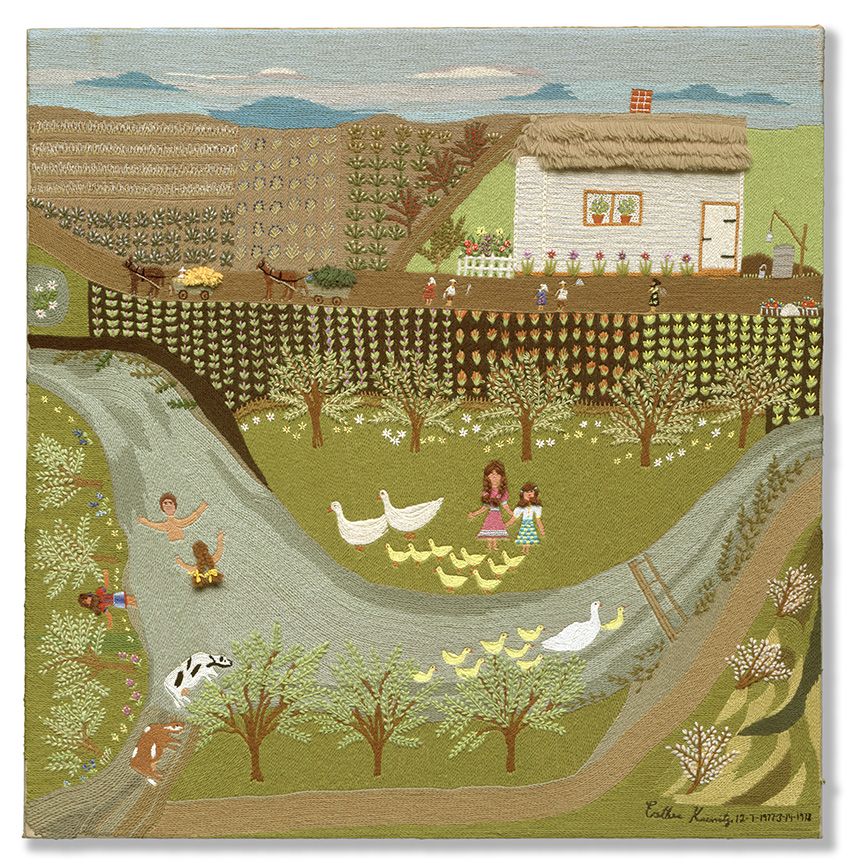When I grew up in Denmark, my family was bound together by love for one another and our intense interest in music. For 35 years my father was a violinist in the Royal Philharmonic Orchestra, and he wanted me to take up the violin, too. My mother, however, loved the piano. And that did it!
In the 1920s and ‘30s I became immensely busy on the stage, radio and in the movies. But in the 1930s something else was happening in Europe. We in Denmark despised the Nazis, and it was natural for me to make them the butt of much of my satirical humor. That they were not in love with me either was obvious from the letters and threatening phone calls I received.
My father, who at my birth in 1909 was 62 years old, had died in 1932. By the spring of 1940, just as I had left for Sweden to star in a musical revue, Mother grew gravely ill. Then, on April 9th, the Germans swept into Denmark. In my absence Mother was immediately brought to a private hospital and admitted under an assumed name to save her from being held hostage in retaliation for my disappearance, because I had been placed on the most-wanted list by the Nazis.
Known as I was by every Dane, I nevertheless managed to slip back into Denmark undetected. Fully aware of the danger involved, I had to see my mother, who had not been told of the Nazi invasion. Pale and weak, she held out her arms to greet me and drew me close. “You see,” she whispered, “I’m getting better, and soon …” Her strength had gone. At that moment, desperate to find a way to cheer her, I told her that I had just received an incredible offer from Hollywood, and that—as soon as she was well enough—together we would go to America. It was a tremendous lie. At that time I had not the slightest notion of going to America. But I would have done or said anything just to see her smite again. She did … and whispered barely audibly, “…don’t let it go to your head…”
We talked a little until it was time to leave. I leaned down and kissed her. “Good-bye, Mother; and as the sound of the last word echoed in my ears, I knew that I should never see her again.
That evening I returned across the Sound to Sweden. How was it possible to perform those nights in a musical comedy revue? A week later the cablegram came: Mother had died in her sleep. At 10 o’clock on Friday morning there would be a service for her.
I wanted desperately to get back, but it was impossible. The dangers were now too hazardous to overcome, and no longer could I offer comfort to my mother. In my hotel room in Stockholm I read the cable again—“Service at 10 o’clock,” it said. What sort of service would there be? As a student, I’d earned extra money playing the organ at many funeral services. The ritual I knew by heart.
On the day of the funeral, at 9:30 in the morning, I climbed the steps leading to a cemetery in a Stockholm suburb. I knocked on the door of the caretaker’s office. Yes, he understood what I wanted to do, and led me to a small stone chapel, opened the door, walked away, and left me alone.
For a moment I stood in the aisle of the little church. A soft light filtered down from the stained-glass windows. Then I went to the organ and sat down. I looked at my watch. It was almost 10 o’clock.
Five hundred miles south in Copenhagen, the people who knew and loved my mother were filing into the sanctuary where her body rested. I began by playing a simple lullaby that Mother had sung to me. My hands dropped to my lap. After a few moments had passed I could almost hear the voice of someone in that distant chapel speaking about my mother’s dedication to her family and friends, and her devotion to decency and to dignity. I played again, improvising upon some music we had shared.
Strange, I thought, that the walls of the little chapel could withstand the surge of my emotions.
There I was, far from home in another country, forbidden to be at my mother’s side even during the last hours of her life.
But she was now freed from the horrors of war and the Holocaust—and so was I. For her death made it possible for me to escape the tragic fate which I would have been dealt by the enemy.
That’s the way my mother would have chosen it. I know …
And, by miraculous circumstances, I was able to reach America, where soon after I went to Hollywood and was virtually absolved from my great lie.
For more inspiring stories, subscribe to Guideposts magazine.




